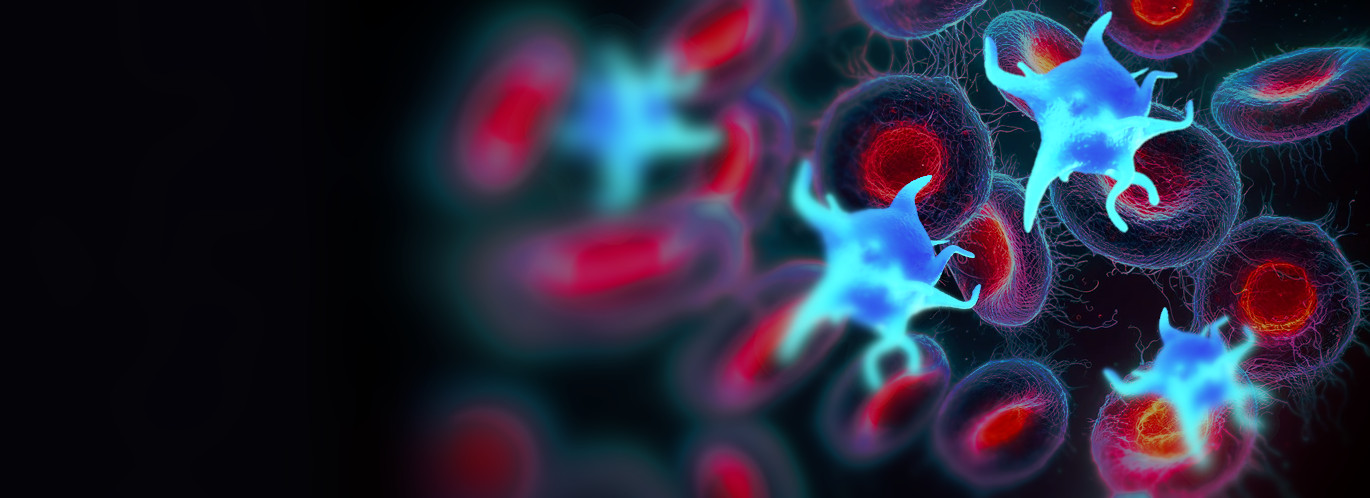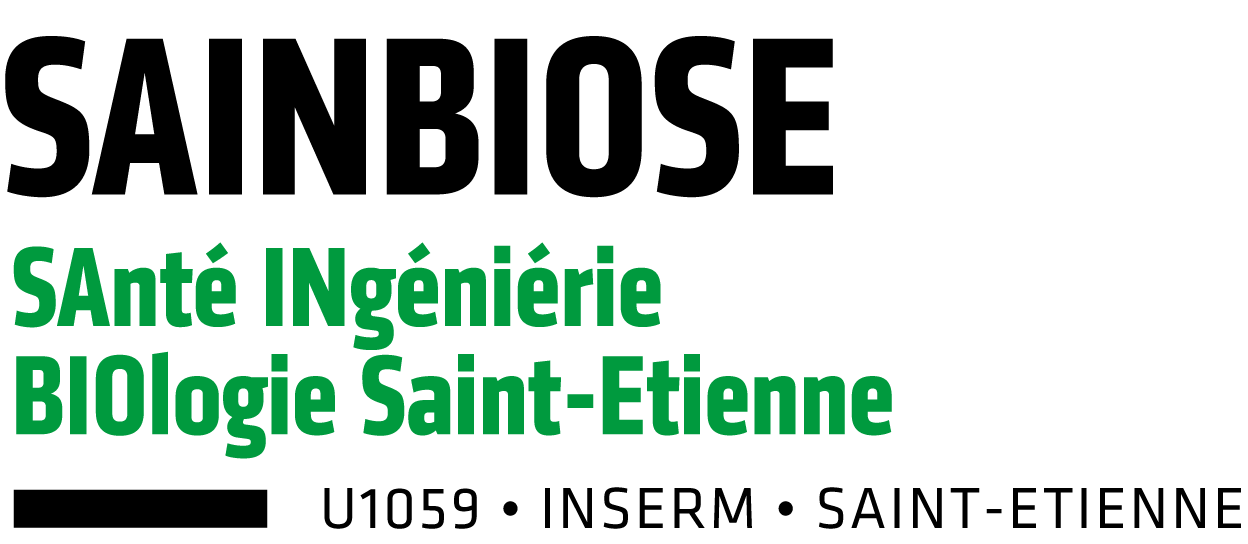The objective of SECRET-GIFT is to demonstrate the feasibility, safety and initial efficacy data of the HPPL biotherapy with continuous i.c.v. administration in early-stage ALS patients.
Our proactive and committed management team and high-level international scientific council will make strategic decisions to carry-out the project (WP1). We will propose the best combination of classical and new biomarkers with meaningful prognostic and theragnostic value (WP2) to be then used to predict progression and stratify patients (slow progressor versus fast progressor) for our phase Ib/IIb clinical trial on early-stage ALS patients treated with i.c.v. HPPL (WP4). In parallel, InVenis Biotherapies (a start-up, spin off of our research labs at NeuroTMU Lille, supported by the French ALS Association and the ILAB national award) has validated the production of HPPL and its biocompatibility with the i.c.v. device to launch the clinical trial. Etablissement Français du Sang Auvergne-Rhône-Alpes (EFS AuRA) will provide clinical-grade platelet concentrates (PC) collected from healthy donors. All components of the therapy are defined and already validated and will seek regulatory approval during WP3. The safety of HPPL biotherapy, already proven in in vitro and in vivo studies, will further be confirmed in compliance with GLP in healthy monkeys. Biomarkers (WP2) and toxicologic studies (WP3) within two years will allow the start of the clinical trial (WP4) at the end of the second year of the project and for 3 years. The same public-private consortium has already succeeded leading such a clinical trial on brain infusion of A-dopamine in PD (DIVE-1 study). The recruitment of early-stage ALS patients will be done in our expert centre with the support of the French ALS network (ACT4ALS). The placebo controlled randomized clinical trial of 12 months with a delayed start of 6 months is designed to allow a relevant analysis of safety (phase I) and provide a first demonstration of efficacy (phase II) based on classical clinical criteria (functional disability, ALSFRS-R), imaging and biological biomarkers defined in WP2. The findings go through international dissemination (WP5).
We expect to demonstrate i) the safety profile of i.c.v. HPPL administration, ii) the slow-down of the slope of functional handicap (ALS Functional Rating Scale, ALSFRS-r) associated with a combination of theragnostic biomarkers. These new biomarkers will also support other therapeutic developments in neuroprotection. We aim at demonstrating a lower rate of decline by 0.4 of ALSFRS-r under HPPL treatment. Such an effect in the treated population would represent a major advance to facilitate the implementation of large-scale phase II/III trials and later on the registration of this HPPL biotherapy. ALS patients would then benefit from this powerful treatment with truly significant impact on life expectancy and quality of life.
Such a fully innovative HPPL therapeutic concept could be a game changer for NDD.



